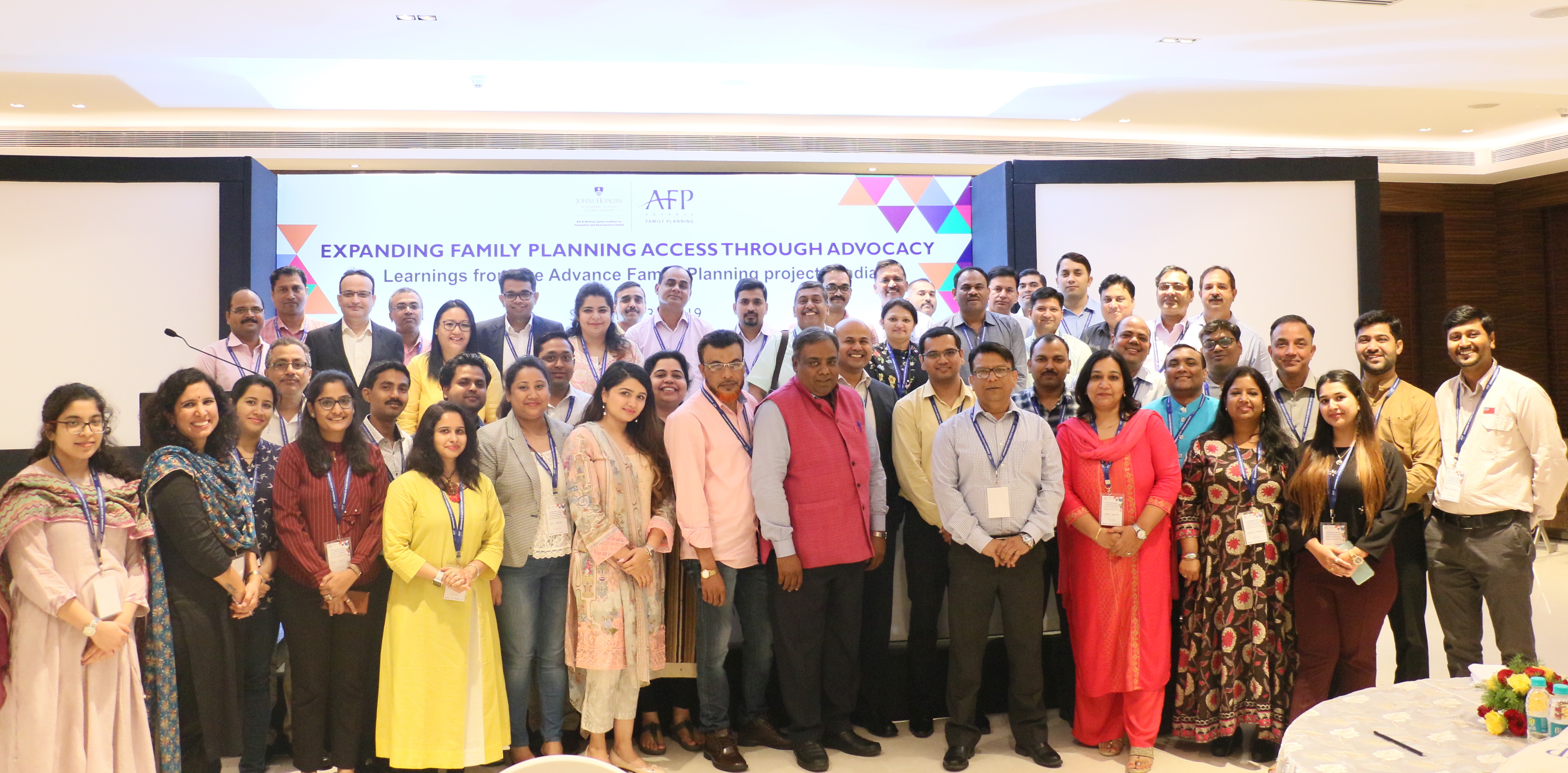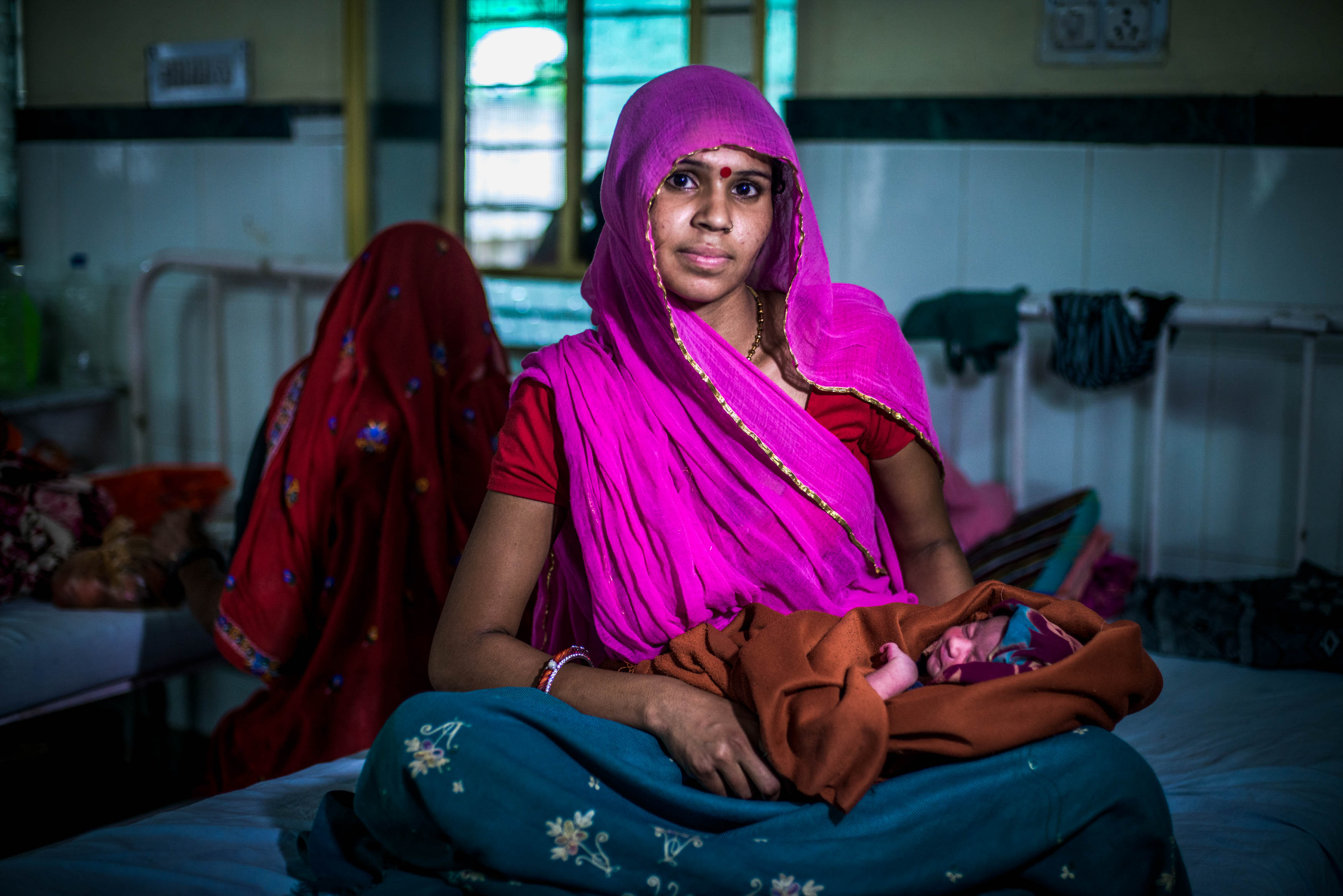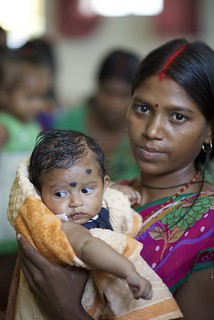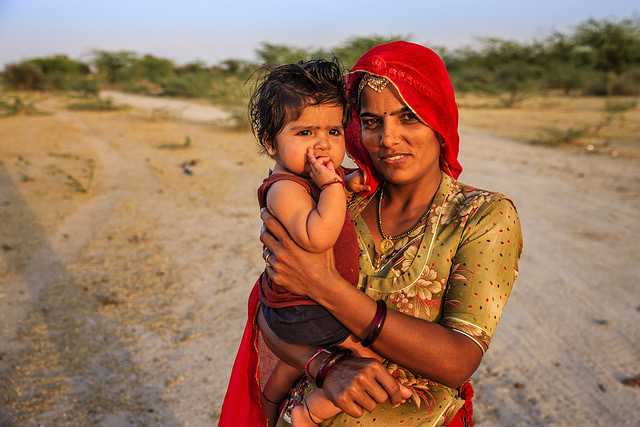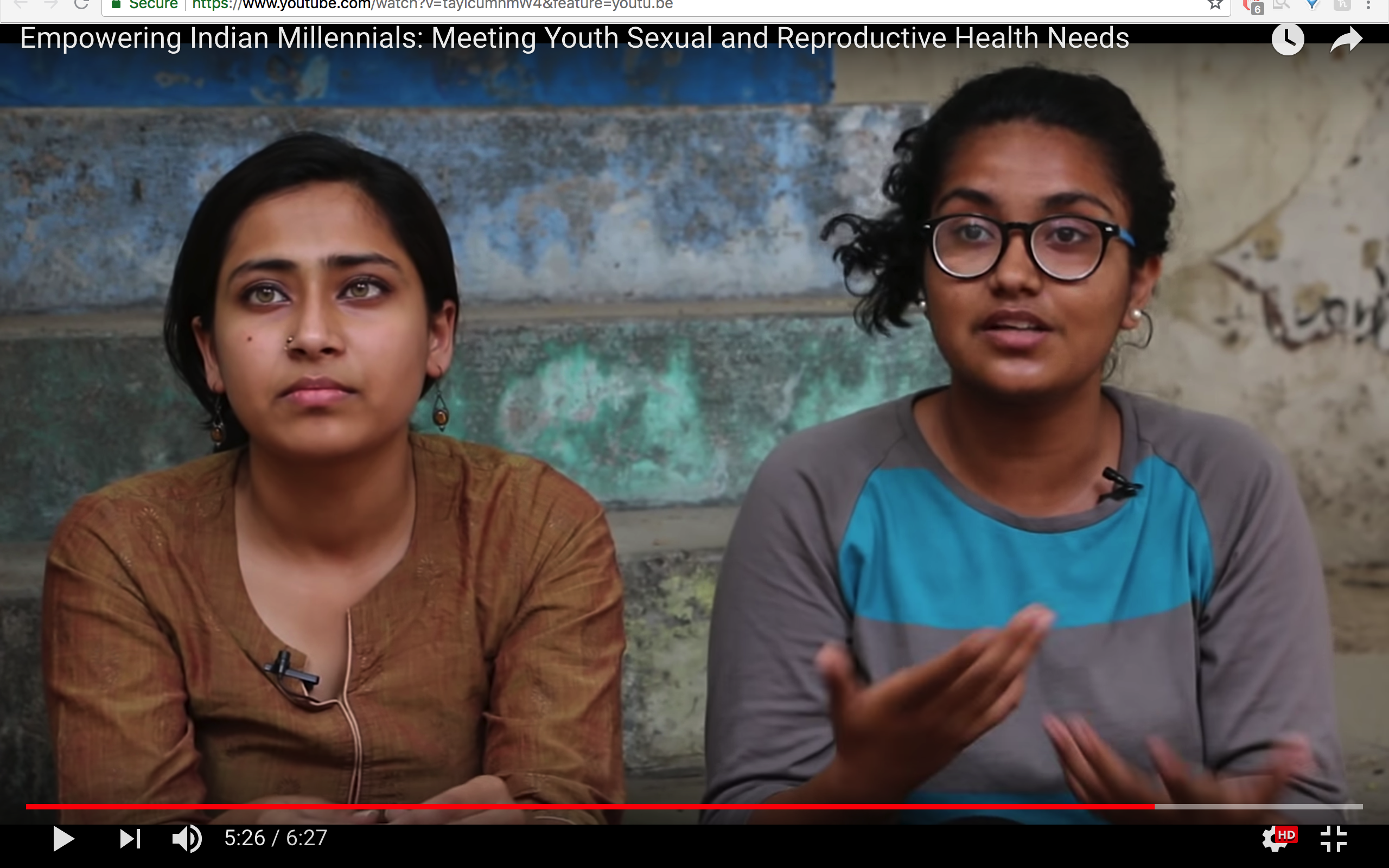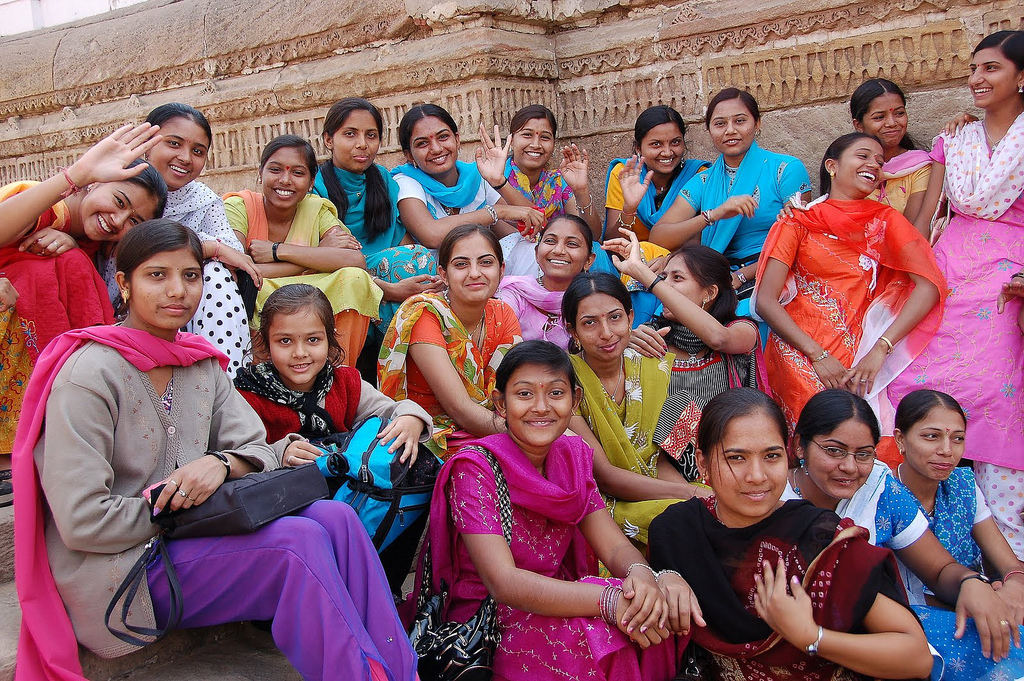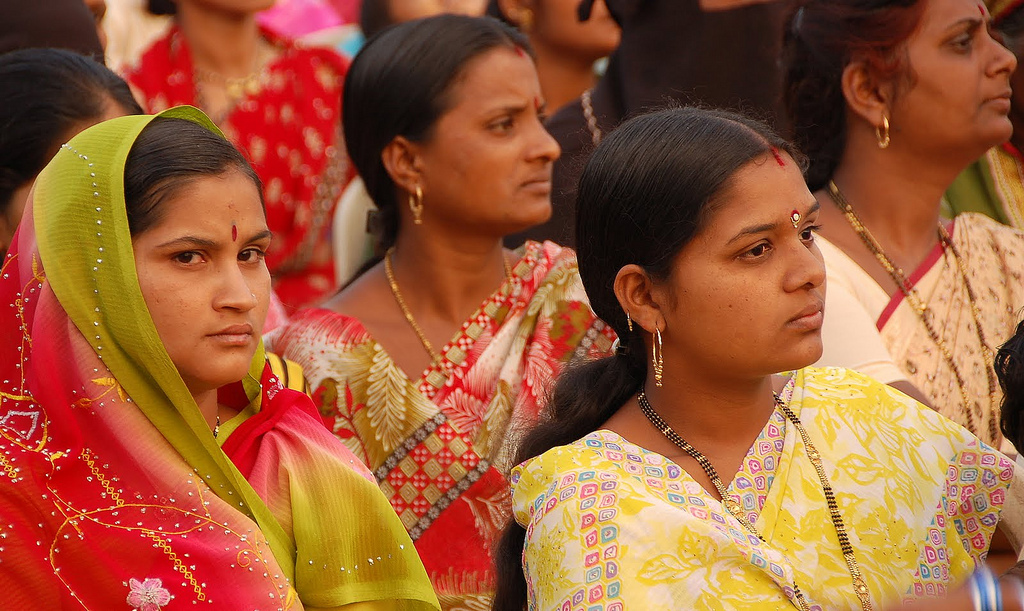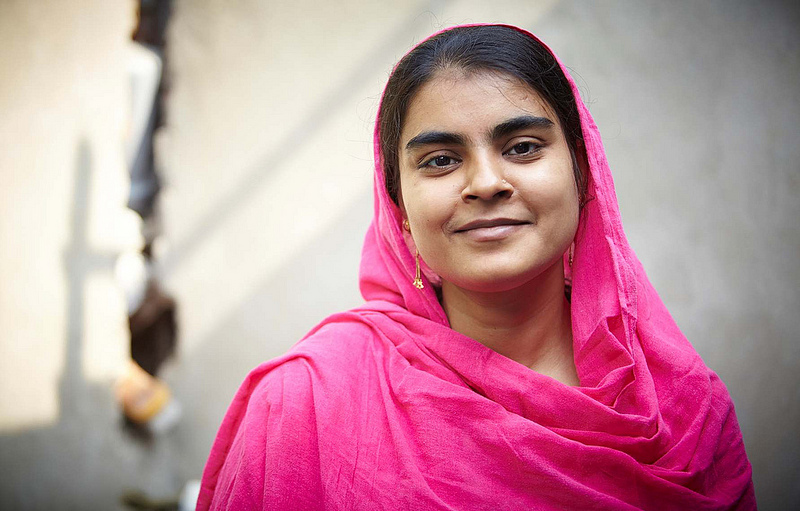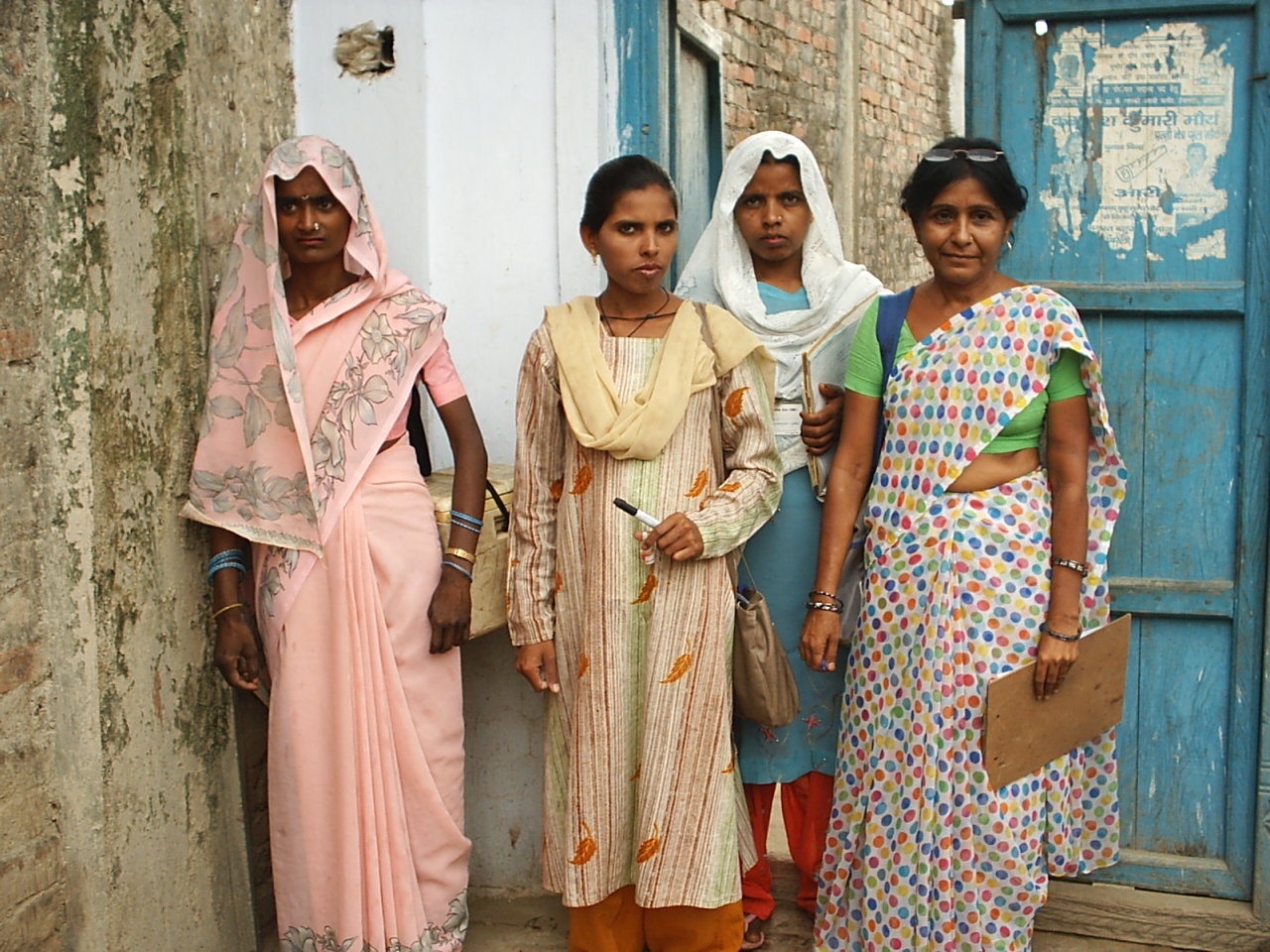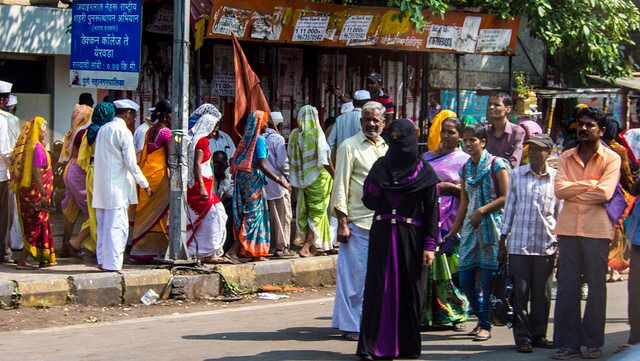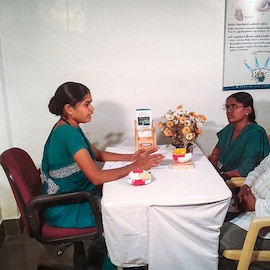View the latest family planning advocacy news from our partners.
On September 30, 2019, government officials from Assam, Bihar, Jharkhand, Maharashtra, Rajasthan and Uttar Pradesh committed to expanding access to quality family planning by sustaining local advocacy working groups. They made the commitments during a commemoration seminar held by the Advance Family Planning initiative and its partners, Foundation for Reproductive Health Services India, Jhpiego, Pathfinder International, and Population Foundation of India, to mark five years of advocacy achievements.
Intrauterine device (IUD) acceptance rates rose among postpartum women following a series of improvements to the quality of family planning services provided in four districts in Assam state. Postpartum IUD insertions in 25 facilities increased to 7.8% of all deliveries following the improvement of services (March 2018 to April 2019), compared to just 1.4% of deliveries before them (August 2017 to February 2018)[1].
Twenty-six public health facilities in Ahmednagar district in Maharashtra, India, have seen a 26% increase in the number of clients receiving postpartum intrauterine device (PPIUD) services between April 2018 and March 2019, compared to the same period last year. This increase in uptake follows renewed government efforts to enhance provider training on family planning counseling and PPIUD service delivery across the district. Acceptance rates for PPIUD among clients delivering in facilities also rose 8 percentage points from 25.4% to 33.4%, compared to the prior year.
In June, the Government of India earmarked $409,470 to expand its “Ensuring Spacing at Birth” scheme across all 34 districts in Maharashtra. Advocates initially sought to extend the effort into one district, but incited a larger advocacy movement for state-wide expansion. Consequently, the scheme allocation for Maharashtra state is a sevenfold increase (646%) from the previous year’s budget of $54,899.
Barpeta, Darrang, Dhubri, and Morigaon districts in the state of Assam, India are beginning to see results after establishing a comprehensive mechanism to provide family planning counselling and services for eligible couples in public health facilities.
Advance Family Planning (AFP) local partner Jhpiego India, in collaboration with Population Reference Bureau, launched a new video[1] and factsheet[2] entitled
The National Health Mission, India approved a total increased budget of 45.1 million Indian Rupees (INR) (US $688,000) for developing and procuring information, education, and communication (IEC) materials and postpartum intrauterine device (IUD) insertion forceps in Maharashtra state’s budget for fiscal year 2017-2018.
In October 2017, state health officials acquired contraceptive counseling wheels and family planning tracking materials for all service providers in public health facilities located within India’s Maharashtra state.
Assam state establishes district working groups for family planning in four districts
For the first time in India, the state government of Jharkhand initiated a pilot to engage accredited social health activists as ‘family planning communicators.’ The frontline health workers, known as Sahhiyas in Jharkhand, will provide family planning counseling services, filling human resource vacancies and improving access to quality services.
On June 19, 2017, India’s Maharashtra State Family Welfare Bureau approved the formation of the Pune district family planning working group following strong evidence-based advocacy. The working group will advocate for family planning progress in Pune, the country’s fourth most populous district, with a population of about 9.4 million people.[1]
For the first time in Jharkhand state, two districts established family planning counseling corners at 13 community health centers. Established between January and March in Bokaro and Ranchi districts, the counseling corners are dedicated spaces for a skilled provider to provide quality family planning counseling to clients.


